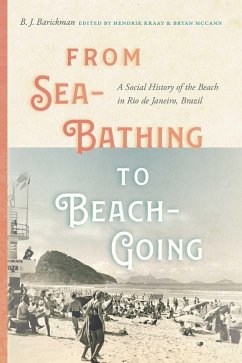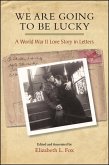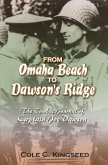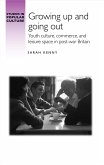2023 Honorable Mention, Warren Dean Prize in Brazilian History
In From Sea-Bathing to Beach-Going B. J. Barickman explores how a narrow ocean beachfront neighborhood and the distinctive practice of beach-going invented by its residents in the early twentieth century came to symbolize a city and a nation. Nineteenth-century Cariocas (residents of Rio) ostensibly practiced sea-bathing for its therapeutic benefits, but the bathing platforms near the city center and the rocky bay shore of Flamengo also provided places to see and be seen. Sea-bathing gave way to beach-going and sun-tanning in the new beachfront neighborhood of Copacabana in the 1920s. This study reveals the social and cultural implications of this transformation and highlights the distinctive changes to urban living that took place in the Brazilian capital. Deeply informed by scholarship about race, class, and gender, as well as civilization and modernity, space, the body, and the role of the state in shaping urban development, this work provides a major contribution to the social and cultural history of Rio de Janeiro and to the history of leisure.
In From Sea-Bathing to Beach-Going B. J. Barickman explores how a narrow ocean beachfront neighborhood and the distinctive practice of beach-going invented by its residents in the early twentieth century came to symbolize a city and a nation. Nineteenth-century Cariocas (residents of Rio) ostensibly practiced sea-bathing for its therapeutic benefits, but the bathing platforms near the city center and the rocky bay shore of Flamengo also provided places to see and be seen. Sea-bathing gave way to beach-going and sun-tanning in the new beachfront neighborhood of Copacabana in the 1920s. This study reveals the social and cultural implications of this transformation and highlights the distinctive changes to urban living that took place in the Brazilian capital. Deeply informed by scholarship about race, class, and gender, as well as civilization and modernity, space, the body, and the role of the state in shaping urban development, this work provides a major contribution to the social and cultural history of Rio de Janeiro and to the history of leisure.
Dieser Download kann aus rechtlichen Gründen nur mit Rechnungsadresse in A, D ausgeliefert werden.









